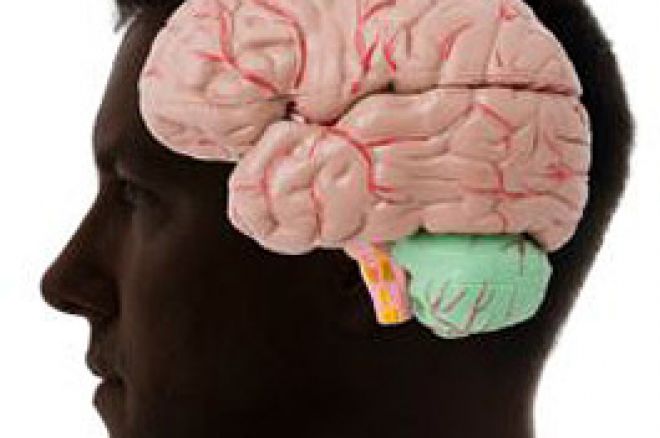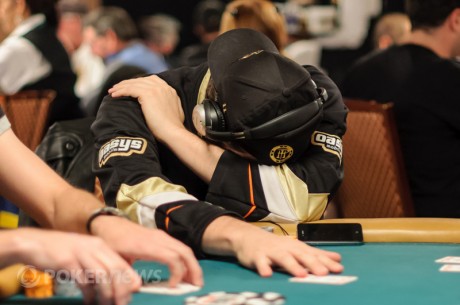The Poker Shrink, Vol. 45: The Premack Principle

While observing children in the '60s, David Premack noticed that some parents used one behavior to reinforce another. For example, your son likes to play video games but does not like to clean his room. You, the parent, want the room cleaned and you also want your son to spend less time playing video games. One behavior (playing the video game) happens often and reliably; the other (cleaning the room) happens less and completely unreliably. So the wise (or manipulative) parent offers more video game time when the son's room is clean. One behavior acts as a reward for the other. Yes, of course, there is some debate about reward-based behavior, but most parents will take the clean room in exchange for the game playing.
I was reminded of the Premack Principle last summer during a World Series of <a href=https://www.021couriers.com/>Poker</a> NLHE preliminary event. Five professional players were seated nearly back-to-back at four tables; among the pros were Phil Hellmuth, Mike Matusow, Layne Flack and Huck Seed. The fifth player will remain anonymous because he was the one using a form of the Premack Principle, and although I am giving away the strategy, I am not going to identify him by name. Let's call him... Bill.
Here's how the play went. It was the first round of blinds, which means in the deep-stack <a href=https://www.021couriers.com/wsop/>WSOP</a> structure, there are very few chips in play relative to chip stacks. The five pros were talking back and forth, making last-longer bets and discussing other prop bets they had heard of in the '08 Series. They were paying a lot more attention to the conversation than to the early hands of the tournament.
Bill the Pro was the farthest away from the center of the conversation, so he continually leaned back in his chair to talk to the other players. In fact, he was often up out of his chair talking to the other pros. When seated, Bill played quite a few hands and folded on the flop or turn to continuation bets. It appeared he was seeing a lot of hands but was not going to get involved in any big pots. Easy read. And he appeared to be more interested in chatting with the other pros then playing his cards.
At one point, maybe 30 hands into the tournament, Bill looked at his cards and came in for a raise, his first raise. He paid attention to the hand and called a bet on the flop of K-8-6. When a deuce hit the river and the other player bet the pot, Bill tanked for a minute, then showed his pocket queens and mucked. The other player showed his A-K and the game moved on. Bill went right back to his distracted chatting and folding a lot of hands post-flop.
When the players returned from the break after round one, Bill remained standing. He looked at his cards and folded them for a couple of deals while in a conversation with Mike Matusow about the EPT blind structure versus the WSOP structures. When he finally took his seat, he continued to appear more interested in conversation away from the table. Then came this hand.
An early-position player opened for a raise; this player had taken several pots from our pro with post-flop bets. Bill called pre-flop while talking to Phil Hellmuth about an upcoming charity tournament. On the flop of A-K-8, the early-position raiser bet one-third of the pot and Bill casually called, still talking to Phil. The turn was a six and the EP player bet half the pot; Bill had to ask what the bet was because he was not paying attention, and he apologized and called. The river brought another king and after a pot-sized bet from the early player, Bill raised, the EP snapped out his all-in bet and Bill insta-called. The dealer shouted, "All in and a call!" for the ESPN cameras that had been hovering near this group of tables, and Huck Seed and Layne Flack stood up to see the hand. When everyone was ready, the EP showed A-K for kings full and our disinterested professional showed pocket aces, for aces full, the win and the double-up.
As he walked away from the table, Huck said: "Did they really think Bill wasn't paying attention?"
Did Bill set that up? Well, yes he did. I know because I asked him on the next break. He didn't call it the Premack Principle but I will. Let your opponents do something they reliably like to do �� take your chips by betting you off a pot �� and thereby make it easier for them to do something they don't reliably do, like play a big pot out of position when you don't fold.








